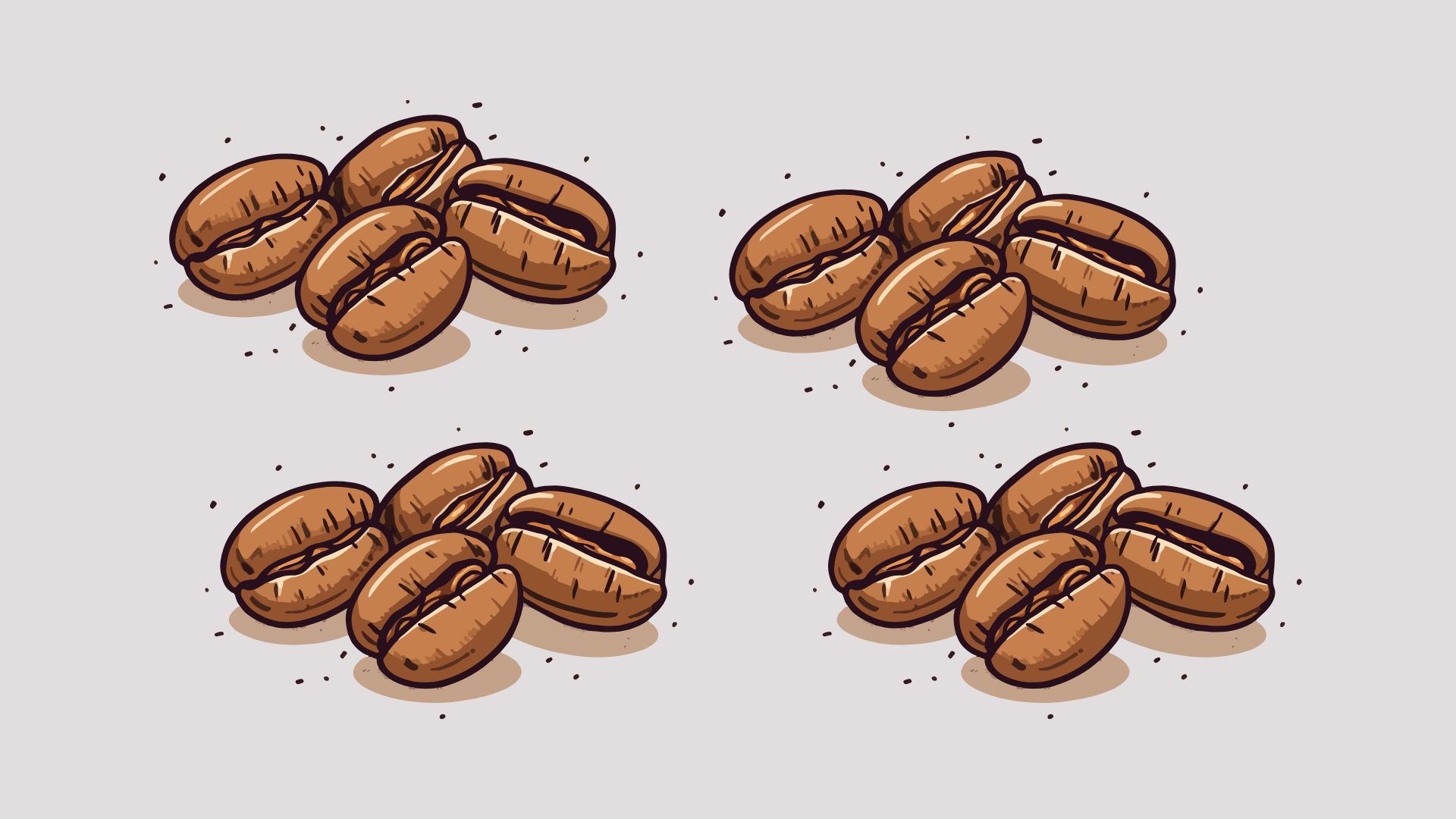
If you’re on the hunt for the best Arabica coffee in Maryland, look no further—we’ve brewed up a list of the finest beans, local roasters, and flavorful blends across the state. But before we dive into the names, let’s explore why Arabica coffee is so beloved and how you can spot the best beans out there.
When people think of coffee, they often think of Arabica beans and for good reason. Arabica is the most widely grown and consumed coffee variety in the world, prized for its smooth, nuanced flavor and lower acidity compared to other types like Robusta.
Arabica coffee traces its origins to southwestern Ethiopia, where it still grows wild in the Kaffa region. By the 15th century, its cultivation spread across the Red Sea to Yemen, with the port city of Al-Makha becoming a crucial hub for global coffee trade.

The name “Arabica” comes from coffee’s early connection with Arab traders who dominated its trade routes. European merchants referred to it as the “wine of Arabia,” linking the name to the Arabian Peninsula.
Today, Arabica beans from the Coffea arabica plant make up over 60% of the world’s coffee supply—and the best ones are roasted, brewed, and ready to elevate your morning cup.
Whether you’re a budding enthusiast or a seasoned coffee lover, choosing the right Arabica beans comes down to a few key factors:
✅ Freshness
✅ Origin
Arabica beans often feature notes of chocolate, caramel, nuts, fruit, and berries with a touch of acidity and low bitterness. Higher-quality roasters will specify farms or regions, a sign of transparency and premium sourcing.
✅ Roast Level
Pick a roast based on your taste and brewing method:
✅ Certifications
Ethical and sustainable certifications matter:
Pro Tip: Smell the beans before buying, they should smell fragrant, not musty or burnt.
Maryland is home to several exceptional roasters offering ethically sourced, small-batch Arabica coffee. Here are some of the best:
1. Vent Coffee Roasters – Ellicott City
Known for sustainable sourcing and small-batch roasting.
2. Rise Up Coffee – Eastern Shore
Organic, fair trade, and community-focused.
3. Birdie’s Coffee – Chestertown
Small-batch roasting with an emphasis on origin flavors.
4. High Grounds Coffee – Takoma Park
Woman-owned, organic, and direct-trade focused.
Ceremony Coffee Roasters – Annapolis & Baltimore
Award-winning, with both blends and single-origin options.
Zeke’s Coffee – Baltimore & DC
Air-roasted, organic, and fair trade.
General War-field’s Coffee – Hagerstown
Specialty coffee with a focus on low-acidity, antioxidant-rich beans.
Aveley’s Farm Coffee Roasters – Baltimore
Sustainably sourced, locally roasted Arabica coffee.
Eight O’Clock Coffee – Landover
A legacy American brand with a wide range of Arabica coffee options.
With so many quality roasters and coffee options throughout Maryland, you’re sure to find your perfect cup. Whether you’re sipping on a single-origin light roast or indulging in a bold espresso blend, great Arabica coffee is just around the corner.
Some of the top-rated Arabica coffee brands include Lavazza, Stumptown, Blue Bottle, Illy, and Peet’s Coffee. The “best” brand often depends on your taste preferences—single-origin lovers may prefer brands like Counter Culture or Intelligentsia.
Ethiopia is widely considered the birthplace and benchmark of Arabica coffee, known for its floral and fruity notes. Other top producers include Colombia, known for smooth, balanced flavor; and Kenya, prized for bold, wine-like acidity.
100% Arabica is often considered superior in flavor—smoother, less bitter, and more nuanced than Robusta. However, “best” depends on preference: Robusta adds strength and crema in espresso blends, which some coffee drinkers prefer.
100% Arabica coffee can come from many countries, primarily in Latin America (like Colombia, Brazil, and Costa Rica), Africa (especially Ethiopia and Kenya), and parts of Asia (such as Yemen and Indonesia). The term refers to the bean type, not a specific origin. A: 100% Arabica coffee can come from many countries, primarily in Latin America (like Colombia, Brazil, and Costa Rica), Africa (especially Ethiopia and Kenya), and parts of Asia (such as Yemen and Indonesia). The term refers to the bean type, not a specific origin. A: 100% Arabica coffee can come from many countries, primarily in Latin America (like Colombia, Brazil, and Costa Rica), Africa (especially Ethiopia and Kenya), and parts of Asia (such as Yemen and Indonesia). The term refers to the bean type, not a specific origin.
In order to learn more about the following topic we recommand you to check out these sources